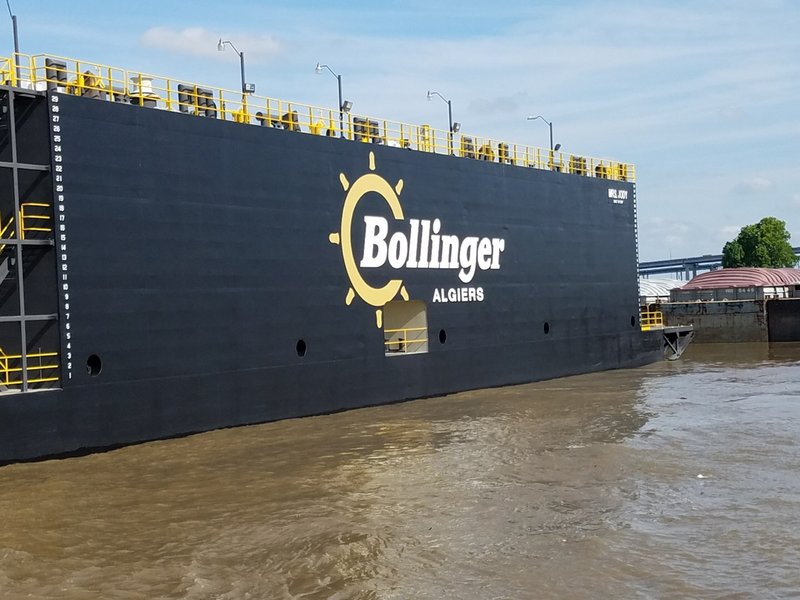The outlook for energy service companies in the U.S. Gulf continues to be murky. On Aug. 22, Hornbeck Offshore Services Inc. (HOS) was notified by the New York Stock Exchange that it was not in compliance with the NYSE’s continued listing standard.
The standard requires that the average closing price of the Covington, La.-based offshore service vessel operator’s common stock be at least $1 per share for 30 consecutive trading days. Hornbeck has six months (from Aug. 22) to regain compliance with the NYSE minimum share price requirement. The company said it will explore all available options, including, if necessary, a reverse stock split. On Aug. 29, HOS closed at 67 cents a share. It ended July at 1.04 a share.
In his Aug. 1 second quarter earnings call with analysts, Todd Hornbeck, the company’s chairman, president and CEO, did not sound gloomy and instead was generally optimistic. “We have waited five years to see a turnaround. Our preference is to remain patient now and allow conditions to gel further.”
For the fourth straight earnings call, Hornbeck and the company “reaffirmed the positive.” “The market has begun to improve. It is not a recovered market yet but is on a path to recovery and, unless derailed by events that no one can predict, our business should enjoy the fruits of the turnaround,” Hornbeck said. He sees the market tightening, utilization and day rates starting to stabilize, and more rigs heading to the Gulf. He also believes that equipment shortages may finally start to emerge in the region.
Let’s hope this happens soon, within the next 90 days, so Hornbeck stock can avoid being delisted.

The 303'x62', 5,910-dwt Miss Marilene Tide. Tidewater website image
Tidewater also took a generally optimistic stance in its Aug. 13 second quarter earnings call. The OSV operator pointed out that it was the second consecutive quarter that worldwide average day rates increased after posting consistent declines since the downturn began in 2014. In its Americas segment, day rates were up 8% in the second quarter. The company said that the global market is strengthening, and does not see any area or region getting worse.
That said, Tidewater warned about significant drydock obligations for the company and the industry. Tidewater estimates that approximately 450 currently active OSVs are due, or will come due, for special surveys in 2019. Approximately another 425 OSVs will be due for surveys in 2020.
“We are not immune to this impact and will continue to experience elevated drydocking costs and downtime as we position our fleet to meet our customers’ global demand,” John Rynd, the company’s president and CEO said during the earnings call.





